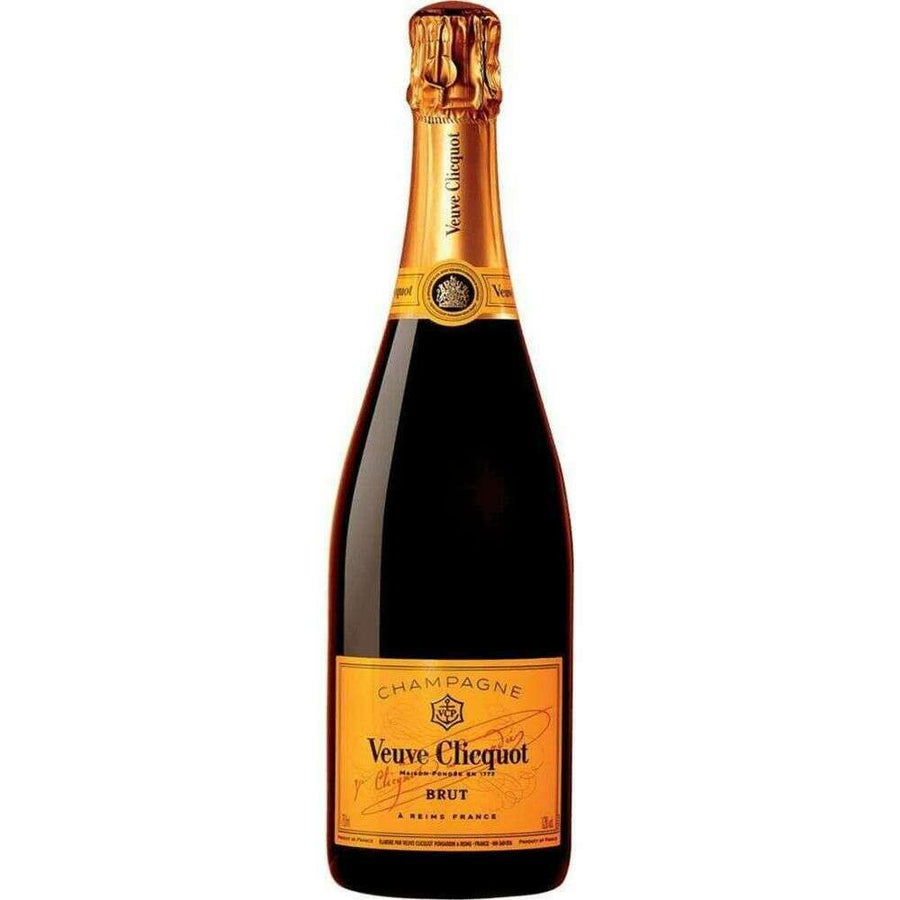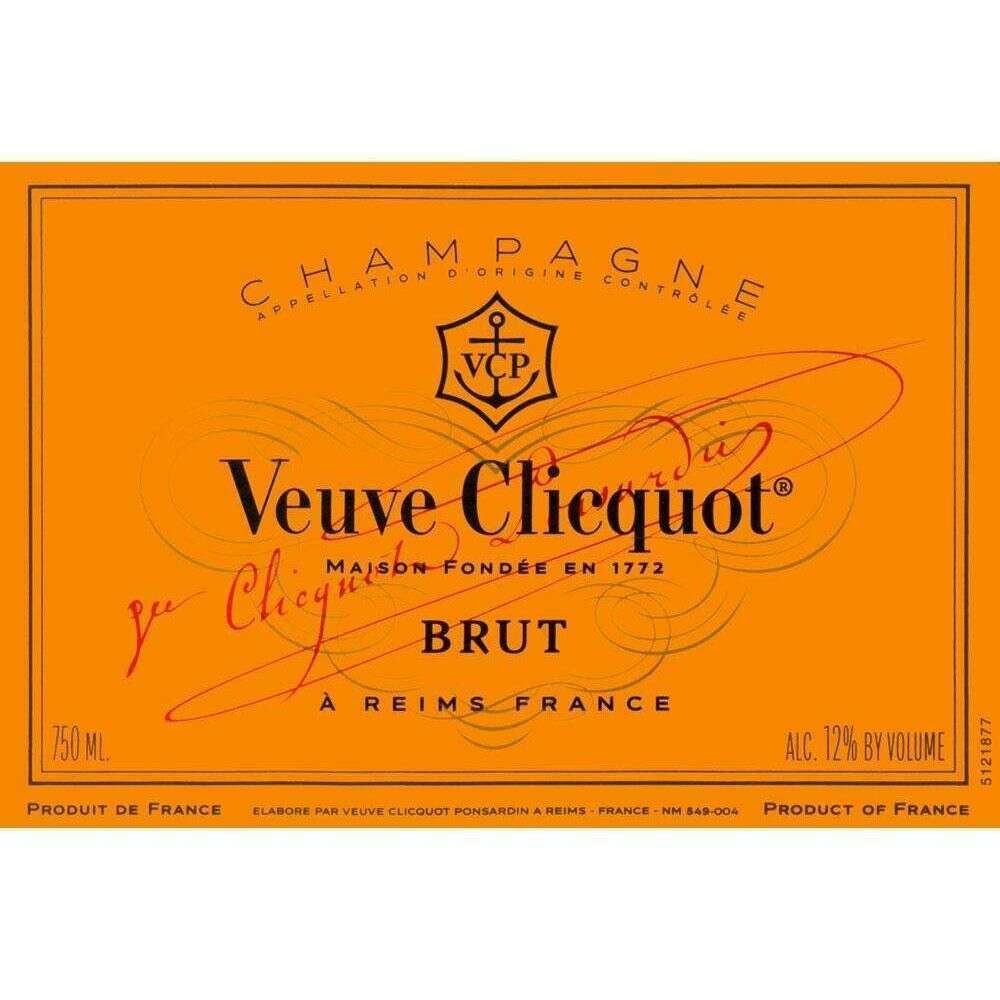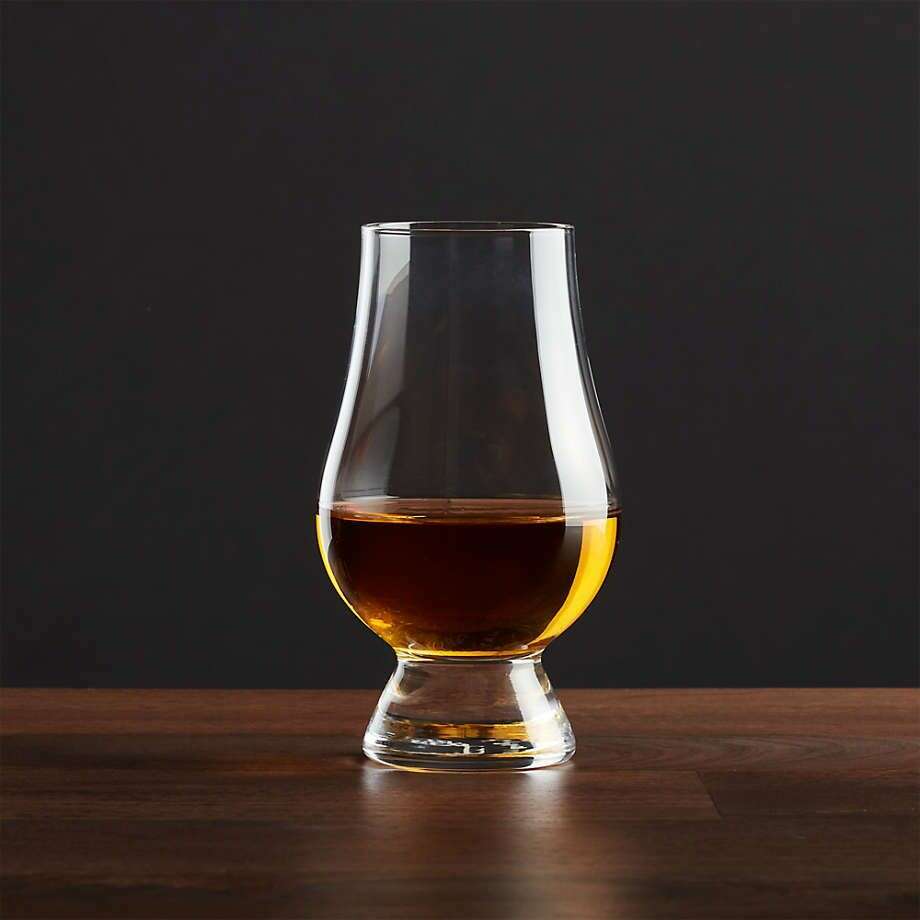Old Elk Blended Straight Bourbon Review
Bottle: Old Elk Bourbon Whiskey
Company: Old Elk Distillery
Distillery: Three total — MGP Distillery of Indiana, and two undisclosed distilleries in New York and Colorado
Age: 4 Years
Production: 2020, Ongoing
Proof: 88 (44% ABV)
Mashbill: 51% Corn | 15% Rye | 34% Malted Barley
Color: Tan, Medium Amber
MSRP (Manufacturer's Suggested Retail Price): $50

About Old Elk:
Based in Fort Collins, Colorado, Old Elk is a one-of-a-kind, emerging bourbon whiskey brand. It was founded by the legendary entrepreneur Curt Richardson [link to Old Elk’s About Us Page], the former Founder and Chief Visionary Officer at Otter Products. Teaming up with Greg Metze, the former Master Distiller at MGP in Indiana with 38-years of experience in developing bourbon, the two were off to the races with their newest project. In 2019, the duo opened a state-of-the-art 35,000 square foot distillery and aging warehouse in Fort Collins. The innovative brand’s flagship product is the Old Elk Blended Straight Bourbon, with origins tracing back to 3 separate distilleries in Indiana, New York, and Colorado. Old Elk specifically transcends tradition through its novel “slow-cut” proofing process, in which the timeline thorough which proofing water is added to the spirit is extended across several weeks, instead of the conventional 24-48 hour window. The standard bourbon whiskey bottle is age-stated at roughly four years. Old Elk has also released a line of the same proprietary bourbon, finished in Armagnac Casks, Cognac Casks, Port Casks, and Sherry Casks.
Taste Overview: Fruitful Gum | Rye Spices | Smokiness on back palate
Nose:
Delicate note of sweet spices. Cinnamon, cocoa balance against more conventional hues of caramel and toasted oak.
Palate:
Easy-going mouthfeel. Velvety on the plate, making it easy to move the whiskey from one part to another without further burn. Complex body, necessitating a few seconds to realize the full flavor profile of the whiskey. Once developed, the nose of cinnamon materializes initially, followed quickly by lingering sweet undertones of brown sugar, maple syrup and an ounce of mild cocoa.
Finish:
Following the eruption of sweet baking spice and cocoa-syrup induced caramel, the flavors reach a climax. The mature flavors mitigate, leaving behind a subtle contrast between brown sugar and traditional rye spices.
Uniqueness:
We know what you’re thinking — here comes another $50, premium looking bourbon to make a quick buck. Yet, there’s something special to Old Elk that we can’t pinpoint just yet. For that, we have to dig deeper into the industry writ large:
First and foremost, it’s nearly impossible to overlook the name engraved in Old Elk’s front label — Greg Metze. Having spent 38 years in the industry, including a stint at Indiana’s MGP, where many top-tier brands source their whiskey from, Metze has a plethora of whiskey knowledge that has been injected directly into the soul of Old Elk. In 2016, Metze officially resigned from MGP and works exclusively to cultivate the next American Whiskey success story, Old Elk.
Per Metze, the end goal for Old Elk has always been to create a “smooth and easy bourbon”. As a result, Metze has methodically lowered the corn content in the mashbill to the minimum of 51% (to be classified as bourbon), whilst subsidizing the difference with higher levels of malted barley and rye. At 34% Barley and 15% Rye, the whiskey itself provides a remarkable amount of sweet, smooth characteristics, balanced with rye spice.
Old Elk, perhaps, is also different in that it has been distilled with a whiskey mashbill sources from 3 separate states, prior to being blended and bottled in the brand’s home state of Colorado. The reason behind this? You guessed it — it’s Metze. Metze has developed and customized the main Old Elk mashbill, along with 4 supplemental ones during his time at MGP. The primary Old Elk Mashbill, namely, was produced at the New York and Colorado distilleries. This also helps to shine light into the actual name of the whiskey — ‘Blended Straight Bourbon’ in place of just a ‘Straight Bourbon’. The strategy of sourcing whiskey from other states and distilleries was largely employed to pad Old Elk’s supply chain, being a newer player in the space. Now complete with its initial production run, Old Elk has the ability to mash, ferment, distill and age whiskey at their own distillery in Fort Collins.
And, of course, its hard to forget the principle word used by Metze in all of Old Elk’s creative and copy: smooth
Cringy, we know. But, to be frank, it’s apt. We the whiskey hit our palate, that’s undoubtably the first word that came to mind, smooth. When we asked Old Elk for further details, they pointed us to their proprietary ‘slow-cut’ proofing process. In place of the standard 24-48 hours span of proofing a whiskey, Old Elk stretches it into several weeks. The benefits primary include more delicate congeners that persist throughout the whole whiskey production process. Metze says, “when reduction water is added to barrel proof distillates, heat is liberated and can drive off high volatility congeners. By doing the reduction in many stages, rather than one or two, the amount of heat liberated is incrementally less, thus protecting the congener profile.”
Value:
With a $50 MSRP, Old Elk is a hard-to-beat, bang for its buck. Sure, it’s unlikely to excite die-hard bourbon enthusiasts going after the most exclusive names, but it punches well above its weight for a smooth whiskey made to pacify the needs of the masses. It’s most comparable competitor is likely Basil Hayden [insert internal link to product], which retails for slightly lower. With that said, if we were to stage a boxing match between the two, Old Elk would win by knockout within the first round.
Final Thoughts:
A premium bourbon with a foremost ‘whiskey guy’ behind it, Old Elk is a smooth and delicate pour that will reach critical mass.
To be honest, we were surprised. The bar was set low for Old Elk given its nuanced blend and less institutional origin in Colorado, but it totally blew us out of the water. The proof of 88 seems too low at times, but we still couldn’t help but indulge.





